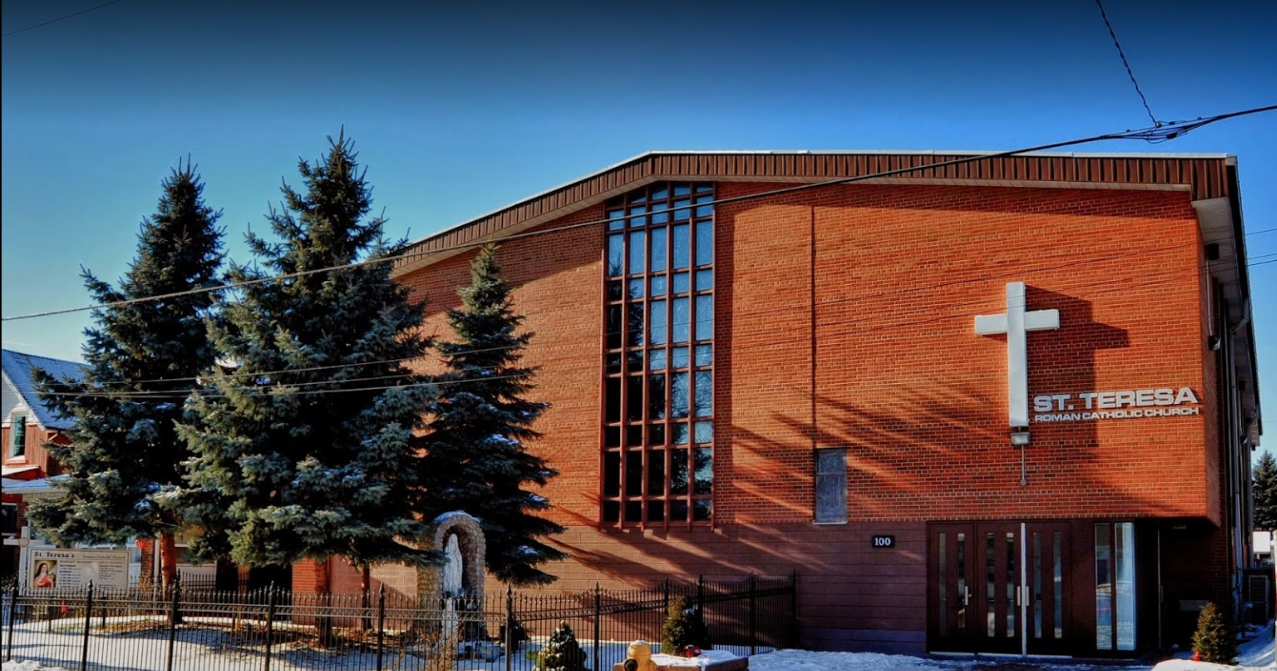
Christ the King: Sovereignty Based on Intimacy
Fr. Frank McDevitt is the pastor of Our Lady of Grace Parish in Aurora, Ont.
There is a story told about Prince Philip, the Duke of Edinburgh. It seems that the queen and Prince Philip were touring Canada and near the end of the day they found themselves in a more remote part of the country. There was no distinguished catering service nearby to provide the evening meal, so this task fell to the local ladies auxiliary.
All came together well and at the end of the main course Philip put his knife and fork on his plate to signify that he was done. The woman assigned to the royal table came by to get the plates and as she lifted Philip’s plate, she stopped midway and said, “Save your fork, duke. There’s pie coming.”
The readings on this Feast of Christ the King are all about distance and intimacy.
I suspect that when most of us think of royalty, we think of authority and distance. Even in the present day, if you were to meet the queen there are certain rules, certain protocols that you are expected to follow in the way you address her. Most important in this protocol: You never ask the queen a question. If questions are to be asked, she will do the asking. This protocol is put in place to keep a certain distance between her and us common folk. And, of course, it is the best remedy for staying away from controversy.
Today’s Scripture directs our thoughts to another way of understanding royalty. The royalty of Christ as king. The kingship of Christ is a different model of royalty than what we see in European courts. If the sovereigns of this world seek distance to maintain their mystique and power, Christ’s sovereignty is based on intimacy.
Christ as king invites us into a life where distance is dispelled and we seek to encounter God. God calls us to the feast that He, Himself, prepared for us.
Christ as king invites us to see this life as the chance to serve and rule with Him not by putting up barriers, but by breaking them down.
To live the Christian life is to live a challenging life. A life that calls us to constant change and conversion. That change and conversion is a matter of the heart, but it is also a matter of how we live.
The life we have in Jesus Christ is an incredible gift for it challenges us to invest ourselves in this life.
If we condensed today’s Gospel parable to its shortest possible statement it would be, "No spectators, please."
It is so easy to live as spectators. We can watch the world swirl around us. We can observe the way things are going wrong in our world, in our country or in our community. We can sit around talking about these problems, giving our untested opinions.
Jesus, in today’s teaching, makes clear that if that is what we do, we are missing the mark, for in His kingdom there are no spectators.
God longs to have communion with us, His creation.
God longs to bring us into His feast.
Even our reading from the Book of Ezekiel in the Old Testament celebrates this longing of our Father in Heaven: “I will bring back the strayed; I will bind up the injured.”
We come together with different experiences, both good and bad and with different sources of knowledge. We come together in one Christ – and in Him, we are all citizens of the same kingdom, with the same aspirations.
We are one body.
It means putting reticence behind us. And let us be clear: All of us can find reasons to remain on the fringe.
This week, in the Gospel’s cautionary tale, Jesus talks of those who hunger and thirst, the stranger, the naked and those who are in prison. To hunger and thirst, is not just about food and drink, we can hunger to be belong and we can thirst to tell our story. We can even with those closest at hand be a stranger for a long time.
This Christian life is a feast that never ends, offering each of us the chance to sit down together in the presence of our King. A feast of friendship and common sharing. A feast of encouragement and reconciliation. A feast of compassion and empathy. A feast of prayer and intimacy with God.
The promise of faith is the everlasting feast of life. We see violence in our own cities and massive acts of inhumanity around the world. We carry the COVID cross each in our own way. And, of course, winter is coming, which is not a source of rejoicing for everyone.
However, the feast offers promises of good things in the end. To paraphrase that good woman that took care of Prince Philip, “Save your faith, good things are coming.”
This reflection is based on the readings for the Feast of Christ the King: Ezekiel 34.11-12, 15-17; 1 Corinthians 15.20-26, 28; Matthew 25.31-46.
